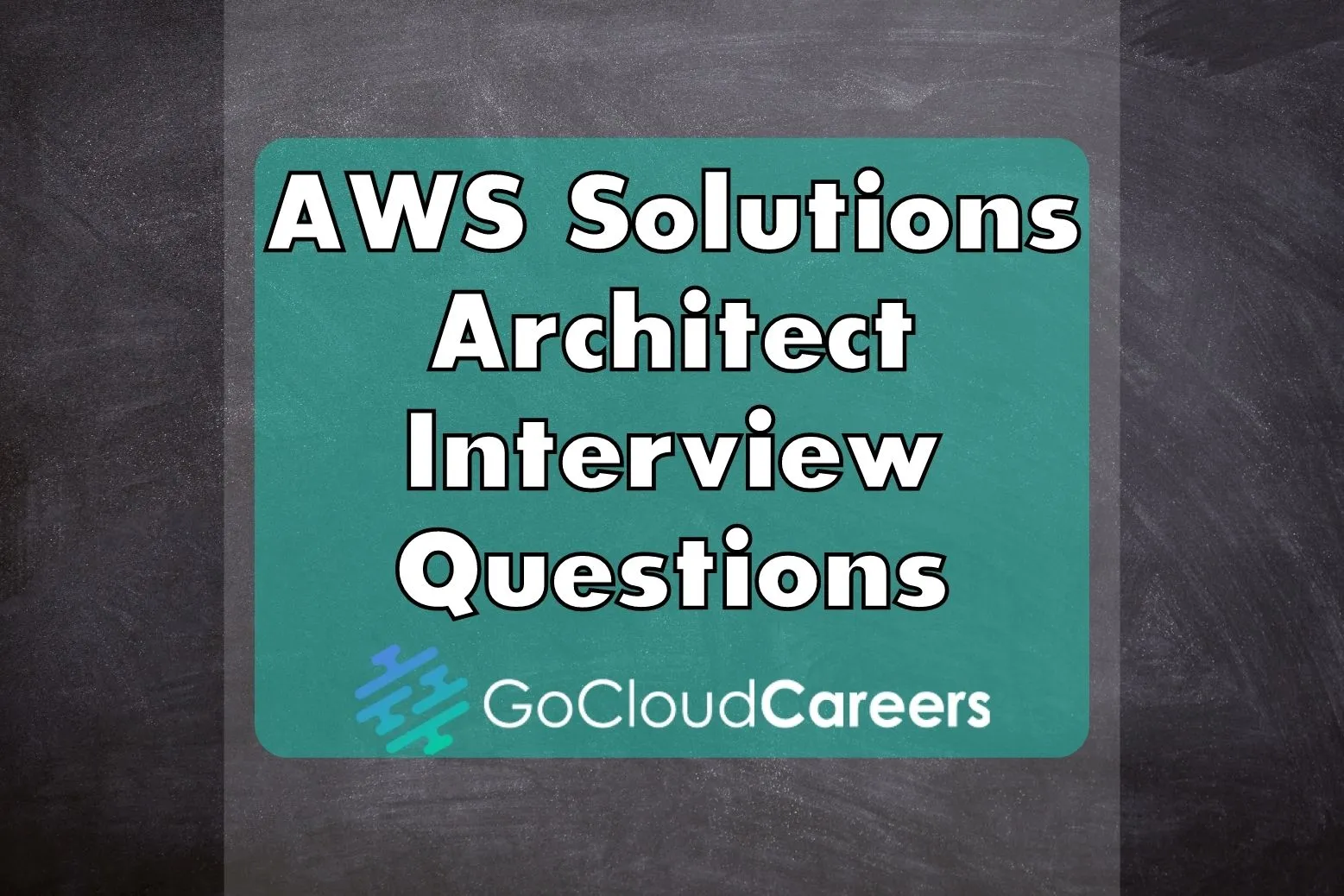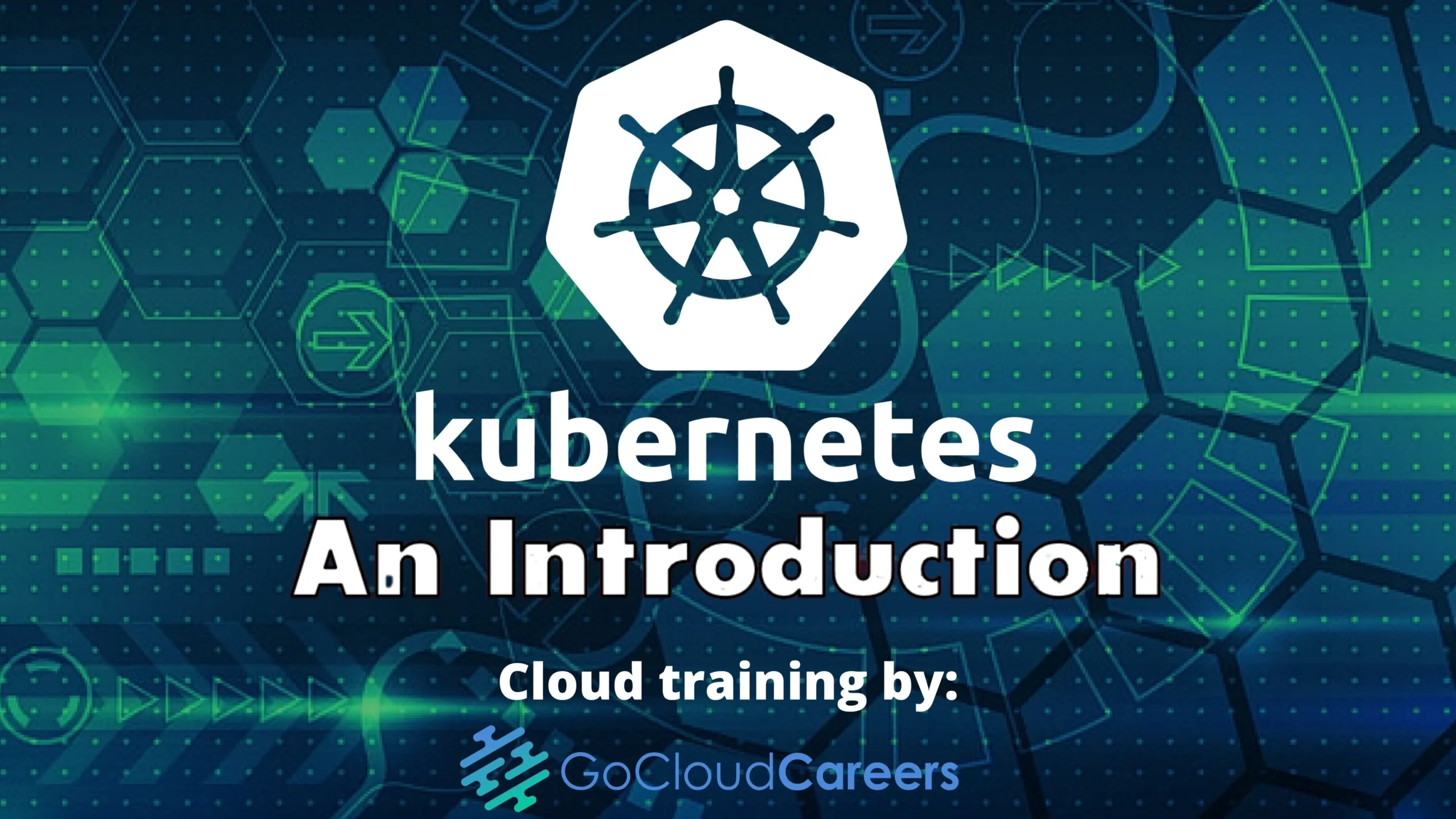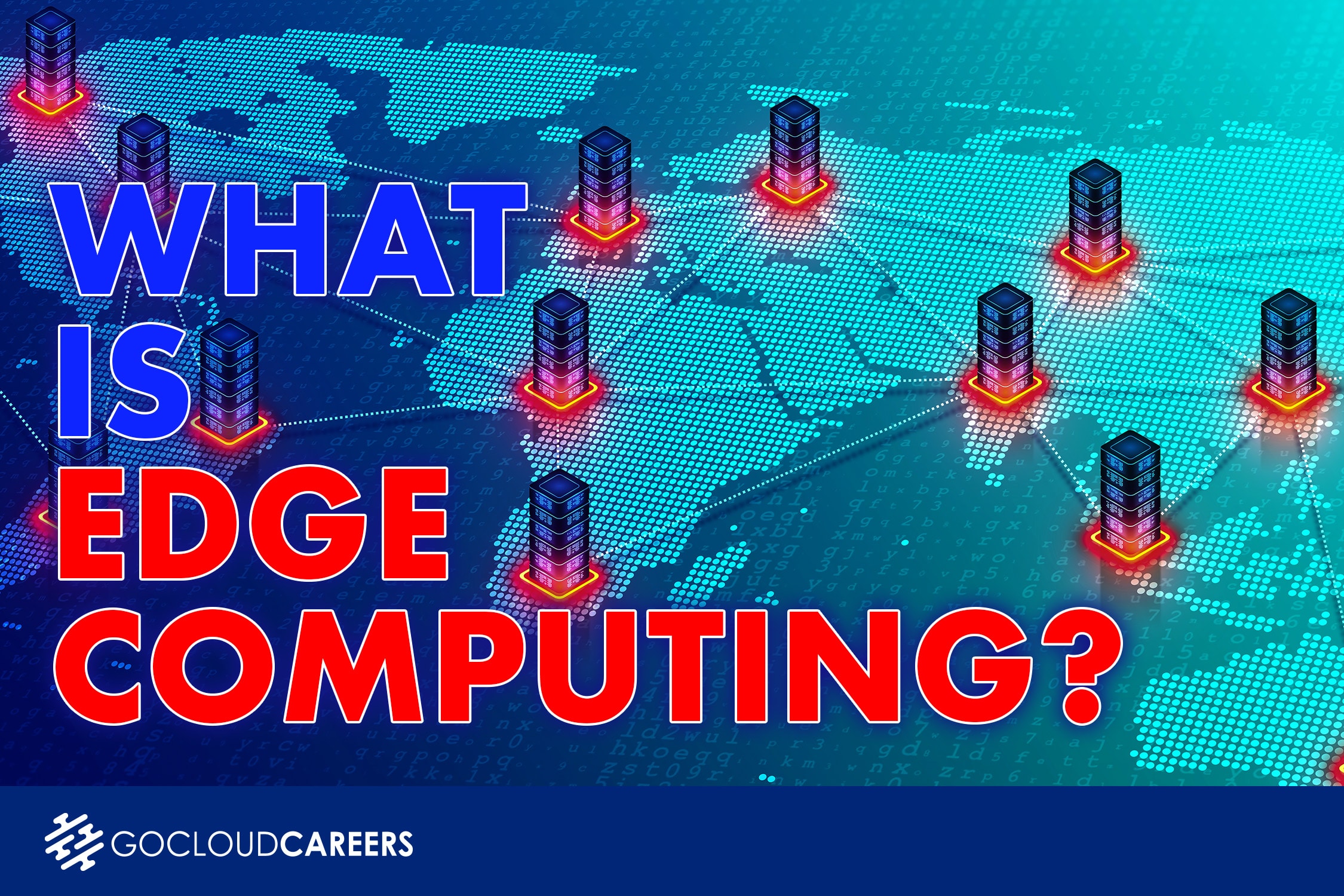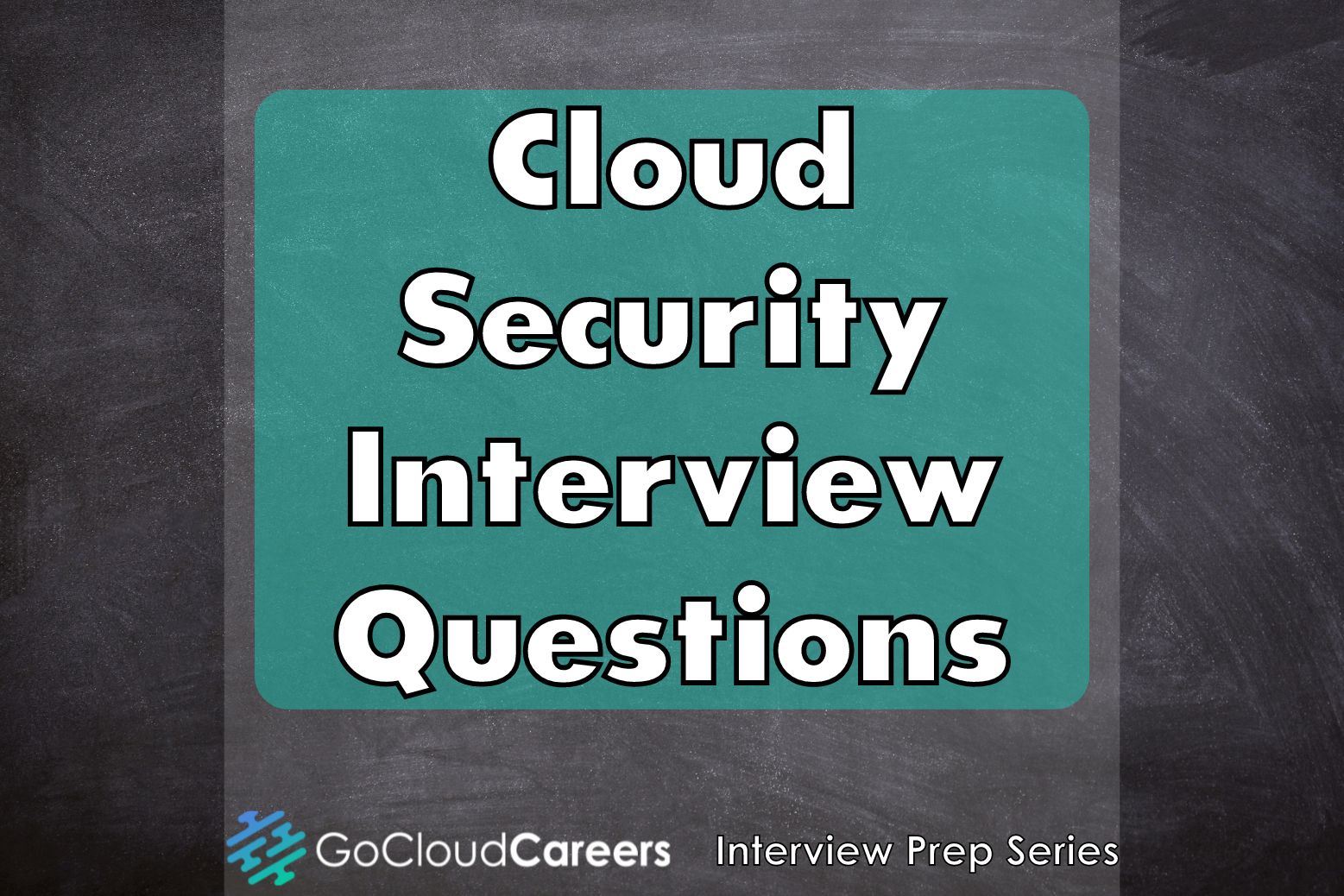
AWS Solutions Architect Interview Questions (Start Your Cloud Architect Career)
If you’re looking for AWS solutions architect interview questions or cloud architect interview questions, this blog is for you! Today we’re going to talk about cloud architect interview questions. Hiring managers need to make sure the person they are hiring can do the following:
- do the job
- is trustworthy
- can speak and present themselves well
- responds to things with a level of emotional intelligence.
- good positive attitude
- bring value to our team.
So in order to do this, they have to ask a set of technical questions. And the way you respond to these questions will let us know your levels of technical competency, communication skills, collaboration, skills, empathy, and soft skills.
We’re going to give you five technical questions commonly asked on solutions architect interviews and cloud architect interviews. These questions will tell the hiring manager whether someone’s competent or not.
It’s very important to practice and have a large set of prepared answers to common questions, because you must make sure to have enough understanding of the technology to answer the questions. That’s going to make you a better cloud architect.
Question 1. “How can you scale a relational database?”
The reason for this question is to see if the candidate actually knows what a relational database even is. The cloud architect should be able to actually ask the right questions.
For example, the candidate would ask:
“What is the type of traffic that’s being used by your database?”
And the hiring manager says:
“It’s a combination of read and write,”
They’re looking for someone that can say:
“Okay, then you can take multiple steps. Since a lot of your traffic is read. You can create read replicas, and you can offload the read work to the read replicas, which will free up resources on the master database.”
“You can further reduce load on read replicas by adding some caching. In order to reduce write load, so you don’t have peaks and valleys, you can use a queuing system,”
Then the hiring manager knows this cloud architect really understands how relational databases work.
Question 2. “What is virtualization? How does it work, and why would you use it?”
All the compute instances that you see in the cloud are virtual machines. So the hiring manager wants to know if someone has any concept of how the cloud is built.
They want to know that the candidate understands that an instance is nothing more than a virtual machine. The hiring manager wants to know that they’ve actually set up virtualization before because it’s really hard to design something if you’re not sure what it is.
So the hiring manager wants the candidate to be able to tell them:
“Virtualization is when you take a bare metal server out of a hypervisor, and the hypervisor logically partitions your physical hardware. You can create multiple logical computers inside of a computer. Each logical computer will have its own operating system, you can set the memory, the CPU resources, and other matters.”
Then you know how the cloud works, or at least how virtualization works. See, the cloud is nothing more than a virtualized network and a data center. And if you don’t understand the data center and you don’t understand the network, it’s very hard to actually build cloud solutions.
Question 3. “What is the difference between block storage and object storage?”
A hiring manager will ask how these work and what are the advantages and disadvantages of each, as well as some use cases. The candidate must understand storage. What good are all the compute instances in the world if you don’t have a place to store your data and you don’t have a place where you can use the data?! You should understand what block storage is and where to use it, and what object storage is and where do you use it, and why you would use them.
Thus, if you need storage on a virtual machine that doesn’t go away with reboot, you’re going to use something like block storage, because it’s designed for that. If you need higher performance storage, you’re going to use block storage in a compute instance. And if you’ve got a static website or you want to distribute software, you’re going to use something like object storage, because it’s designed for that. If you’re going to create a data lake, you’re going to use object storage because it has that metadata.
Question 4. “What is NAT, and why would you use it?”
If someone tells me that NAT is how you connect to the internet, I know they have no knowledge of basic networking whatsoever, but they have passed an AWS certification exam and they know the meaning of a NAT instance and a NAT gateway. And if I know this, so will the hiring manager.
Without understanding NAT, you will run into a large number of challenges as a cloud architect. NAT is what’s called Network Address Translation, and it’s about translating one address into another address.
It could be used to connect a private address to the internet by translating it into a public address, or it could also be used if there’s two organizations, for example, that just merged and they’re using the same overlapping IP address space. Until the addresses can be changed between the organizations, you would use NAT, and you would translate one private address into another private address, but something that’s not overlapping.
Question 5. “What is meant by stateful when it comes to a firewall or an AWS security group?”
This will tell the hiring manager if the candidate has any knowledge of stateful firewalls, or any knowledge of security or any knowledge of what’s called state. If you’re going to design a security architecture, you must understand stateful firewalls!
When a candidate says that because it’s stateful you’ll only need to apply it in one direction, the hiring manager knows they don’t understand statefulness, but they learned that on an AWS exam.
If though, the candidate says:
“That state is when you initiate a connection and it goes through the firewall on the way out to the internet, the firewall looks at your connection and tracks what you’ve done. And because it knows once you go to the web server, because you initiated the connection, to allow your return traffic back through the firewall, because you originated that traffic from the safe side of the network. Thus, stateful means it knows what’s going on the direct, going out, and therefore it can allow it back in. In other terms – it knows of what’s coming in is allowed to go back out because it’s tracking the state of the connection.”
And stateful means tracking the state of the connection or watching the flow and allowing return traffic thereafter, because it knows and understands all that’s going on with the traffic flow between the sender and the recipient, that’s stateful.
Then it is clear the candidate understands.
When you’re on an interview, your goal is to show the hiring manager you are capable, and let the hiring know that you know far more than just simply the name of an AWS or GCP service. Let them know that you understand how the technology works and it will help you get hired every time. Show the hiring manager that you understand the architecture by answering these types of questions in a way that proves that you understand the strengths and the weaknesses of each technology and why you would use them.
Because what does an architect do? They design a solution to solve a customer challenge. And you have to understand the technology in order to design solutions. Be able to tell the hiring manager about any technology they ask you in the following manner. What is the technology, how does the technology work, and why you would use it.
Do this, and you will prove to the hiring manager that you’re in the top 10th of 1% and you will be hired, and you will get paid more and you will have a wonderful cloud computing career.
Cloud Architect Career Development Program
We’ll send you a nice letter once per week. No spam.


